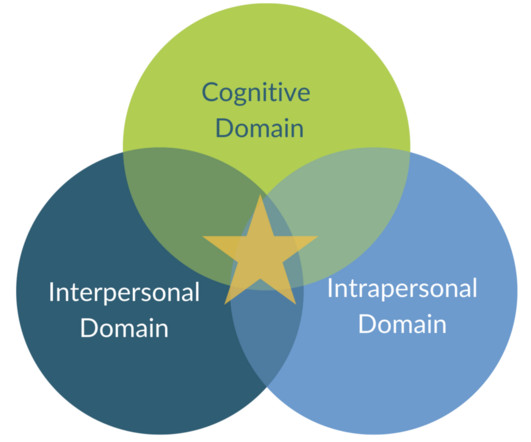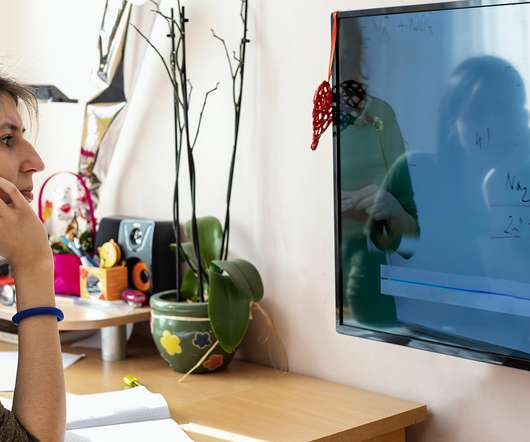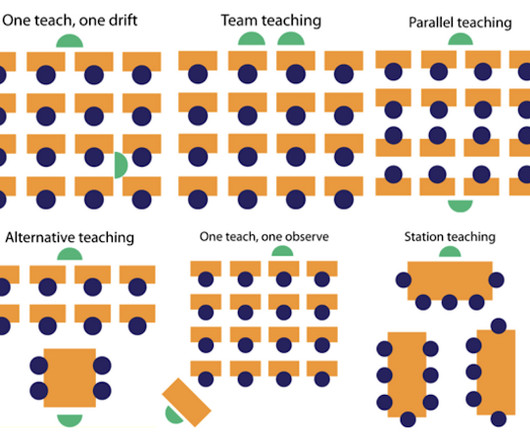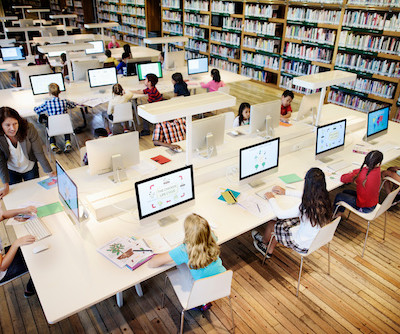Designing For Deeper Learning: Identifying Challenges and Prototyping Solutions
Catlin Tucker
MARCH 28, 2023
What barriers make designing for deeper learning in schools challenging? In today’s rapidly changing educational landscape, educators face numerous challenges when designing instruction that promotes deeper learning for all students. It’s important to note that there are no simple answers in education.
















Let's personalize your content